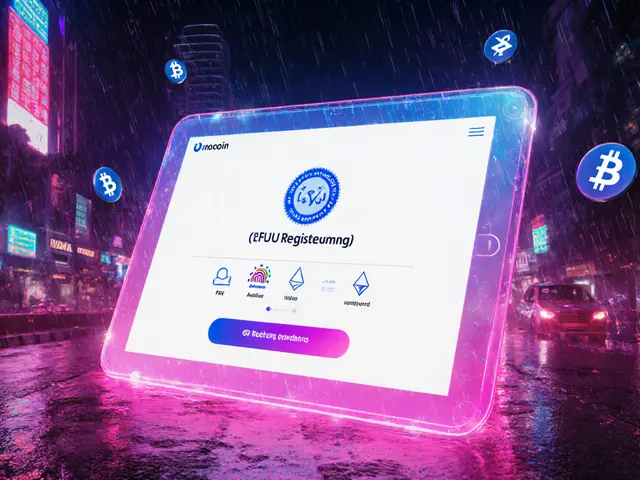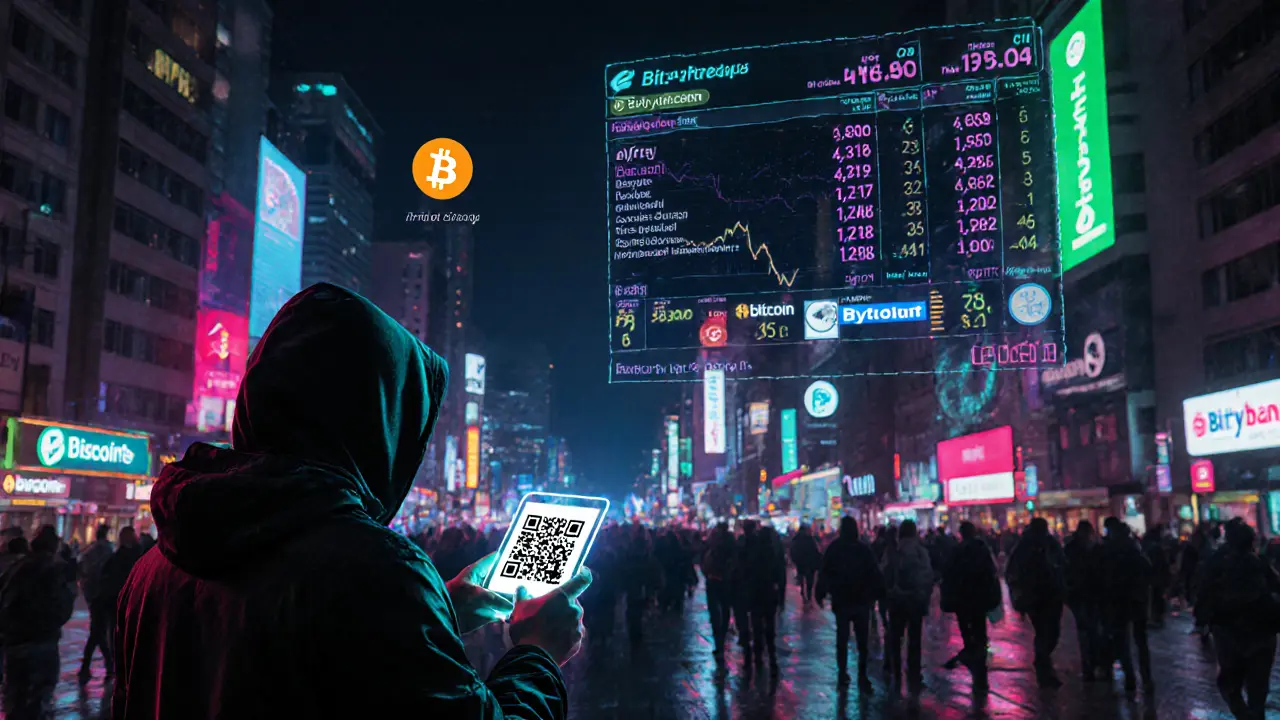Bitybank: What It Is and Why It’s Not in the Crypto Game
When you hear Bitybank, a name that sounds like a legitimate financial service but shows no trace in official registries, crypto directories, or audit reports. Also known as Bity Bank, it appears in forum warnings and scam lists—not on CoinMarketCap, CoinGecko, or any regulated exchange list. This isn’t a platform you can sign up for. It’s not listed anywhere official. And if someone’s pushing you to deposit crypto into it, you’re being targeted by a scam.
Scammers love names like Bitybank because they mimic real brands—Bity sounds like Bitfinex or Binance, and bank makes it feel trustworthy. But real crypto exchanges don’t hide. They publish team members, audit reports, and support contacts. They’re on Twitter, Reddit, and Telegram. Bitybank has none of that. It’s a ghost name, likely used in phishing sites or fake airdrop pages to steal private keys. It’s related to other fake platforms like IslandSwap and Apple Network (ANK), which also had no team, no liquidity, and zero real trading volume. These aren’t startups—they’re traps.
What makes Bitybank dangerous isn’t just the name. It’s the context. If you’re seeing it alongside promises of high returns, free tokens, or urgent claims, it’s a classic rug pull setup. Real DeFi projects don’t ask you to send crypto to an unknown wallet to "unlock" rewards. They use verified smart contracts. They have documentation. They’re audited. Bitybank has none of that. It’s a placeholder name used by fraudsters to test which scams get the most clicks. The moment you interact with it, you’re feeding data to a bot that harvests wallets or steals passwords.
You won’t find guides on how to use Bitybank because there’s nothing to use. But you will find posts here about how to spot fake exchanges, avoid abandoned tokens, and protect yourself from scams that look just like this. Below, you’ll see real reviews of platforms that actually exist—like Mercado Bitcoin, BC Bitcoin, and Libre Swap—so you know what to look for when something seems too good to be true. If a name doesn’t show up in trusted sources, it’s not a platform. It’s a warning sign.




